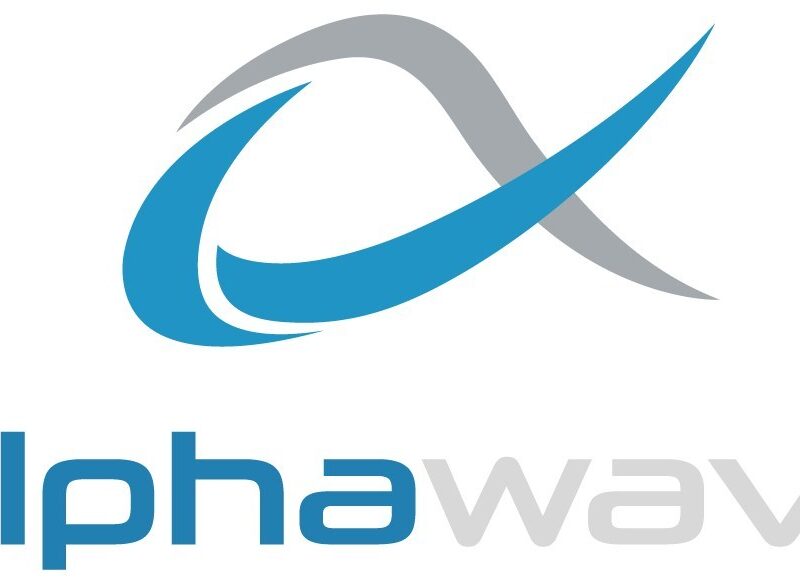Starting a business can be an exciting and fulfilling endeavor. However, with numerous options available, it can be challenging to determine which route to take. Two popular options for entrepreneurs are starting a franchise business or starting a new startup. While both have their pros and cons, understanding the key differences between them can help you make the best decision that caters to what you want to achieve out of your business.
Franchise Business
A franchise is a type of business model in which an individual (the franchisee) operates a business using the trademark and products of a larger company (the franchisor). In exchange for an initial fee and ongoing royalties, the franchisee receives support and resources from the franchisor. Including training, marketing, and operational guidance. This can prove to be a great first step for an aspiring entrepreneur. If you aren’t familiar with the ins and outs of a business or how it should function. A lot of these problems are already taken care of by the franchisor. Leaving you with the worries of everyday logistical thinking.
Pros of a Franchise Business
- Established brand recognition: Franchise businesses benefit from the franchisor’s established brand recognition, which can attract customers and provide a competitive advantage
- Proven business model: With a franchise, you are basically buying into a proven business model that is known to be successful in other locations. That’s why if I were to buy a franchise, I wouldn’t have to worry about the optimal business plan – it would already be present
- Support and resources: The franchisor provides the franchisee with ongoing support and resources. Including training, marketing, and operational guidance
- Access to proven products and services: Franchise businesses offer proven products and services that have been tested and refined by the franchisor
Cons of a Franchise Business
- Limited flexibility: Franchise businesses typically have strict guidelines that must be followed, limiting the franchisee’s ability to make changes to the business model
- Royalty fees: Franchisees are required to pay ongoing royalty fees to the franchisor. Which can be a significant expense
- Limited control: Franchisees have limited control over the business. As the franchisor dictates many of the key decisions. Such as product offerings and marketing strategies
- Limited ability to differentiate: Franchisees may find it difficult to differentiate their business from other franchise locations, as they must follow the franchisor’s guidelines
Startup Business
A startup business is a company that is in the early stages of operations and has not yet achieved significant growth. Startups are typically created by entrepreneurs who have a unique idea or product and are looking to bring it to market. This is the option that offers the most freedom for a person. You have no higher-up telling you what to do or how to run your business. This serves as a double-edged sword. While you have complete freedom to do whatever you want to. You will also be 100% responsible for how your business does. There will be nobody to guide you or bail you out. You are completely on your own to share the good times and the bad.
Pros of a Startup Business
- Complete control: With a startup, the entrepreneur has complete control over the business and can make any decision as they see fit.
- Potential for high growth: Startups have the potential to grow quickly and become extremely profitable.
- Ability to differentiate: Startups have the freedom to differentiate themselves from competitors. Which can be a significant advantage in a crowded market.
- Opportunities for innovation: Startups are often created to bring new and innovative products or services to market. Providing opportunities for the entrepreneur to make a significant impact.
Cons of a Startup Business
- Lack of established brand recognition: Startups typically lack established brand recognition, which can make it challenging to attract customers.
- Uncertainty: Startups are inherently uncertain. As there is no proven business model or track record of success.
- Limited resources: Startups often have limited resources. Making it challenging to achieve significant growth or overcome obstacles.
- High risk: Startups are often high-risk ventures, with a high rate of failure.
Deciding between a franchise and a startup business is one of the hardest tasks you will come across as an aspiring entrepreneur. If you are looking for a proven business model and support from an established brand. A franchise may be the right choice. However, if you are looking for complete control and the potential for high growth, a startup may be a better fit. So, do your research, take your time, and decide what’s best for you. Good luck.



